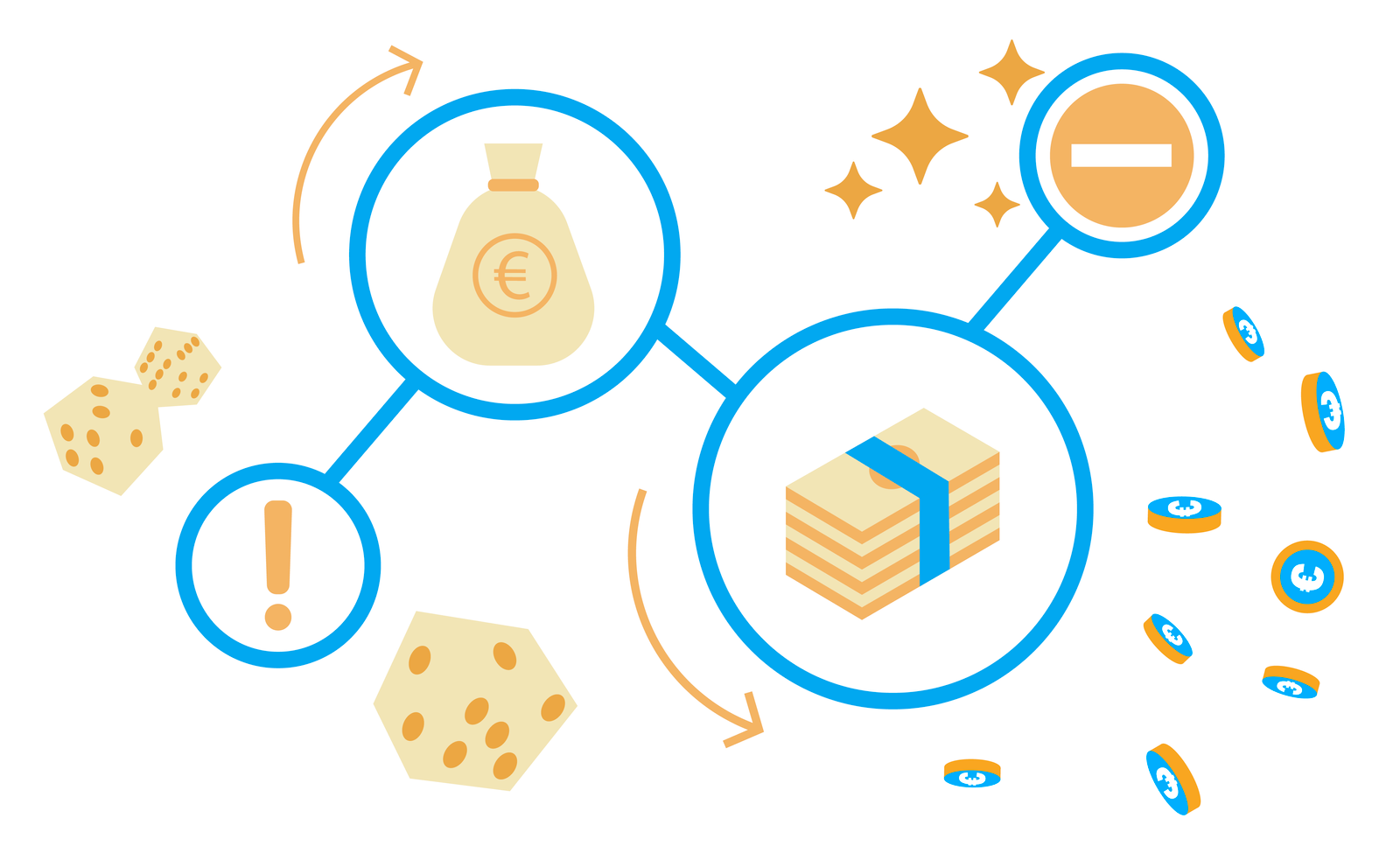Approximately 80% of this year’s trading volume was wash trading, highlighting the need for increased security measures
Non-fungible tokens (NFTs) have recently gained popularity in representing unique digital assets, such as art, collectibles, and even virtual real estate. However, like any other market, the NFT market is not immune to manipulation and fraud.
According to recent reports, one such tactic includes NFT wash trading on Ethereum, taking up more than half of this year’s NFT volume.
But what does this concept even mean?

What is Wash Trading?
Wash trading involves creating multiple accounts and using them to buy and sell NFTs among themselves. Reason being, to make the illusion of active trading and demand for the NFTs, leading to inflated prices—similarly to the team behind Donald Trump’s NFTs.
Sometimes, traders may also use automated bots to carry out the trades, to make it difficult to detect the activity.
The consequences can be severe for the NFT market and individual investors. Inflated prices can lead to significant losses for those who buy into the market at high prices. Although, the value of their NFTs plummet when discovering the wash trading technique.
These types of investors are damaging the NFT market as a whole. People are also losing more trust in the market’s integrity, with other industry issues not helping.

History – Past Controversy Surrounding the Concept
The concept of wash trading is not new. In fact, it has been illegal in the United States since the passage of the Commodity Exchange Act (CEA) in 1936—following establishing federal regulation of all commodity and futures trading.
Despite this, the trade of cryptocurrencies and NFTs has remained largely unregulated. Although it is expected that this tactic will eventually be subject to regulation.
The CEA provides oversight for traditional commodities and futures, but does not currently cover the relatively new and rapidly evolving markets for cryptocurrencies and NFTs.
Following this, over the years, there have been numerous instances of wash trading involving fungible crypto assets on centralized exchanges (CEXes).
In March 2019, Bitwise presented evidence to the Securities and Exchange Commission (SEC) showing that approximately 95% of the reported $6 billion in Bitcoin spot trading volume on CoinMarketCap was fake.
Another recently article sites Binance’s sudden increase in volume on certain trading pairs after the removal of trading fees as a clear indication of these illegal trades.
The extent to which wash trading occurs varies significantly from platform to platform. According to recent reports, some platforms, like NFT marketplaces such as OpenSea and Foundation, have low levels of this type of trading. Thus, see it as a minor contributor to their volume and transaction counts.
However, reports show that other platforms, including LooksRare and X2Y2, rely heavily on wash trading for their volume and have a high proportion of wash traders among their user base.
Other culprits include Element and Sudoswap.

Protection Against Wash Trading
To ensure the integrity and fairness of the NFT market, it is necessary to add robust regulations and oversight to deter and detect wash trading.
To protect against wash trading, investors can research NFTs—verify authenticity and provenance, and look for red flags.
Exchanges and regulators can also play their part by stopping these trades through strict KYC, AML policies, market surveillance systems, and fines.
Subscribe to the NFT Lately newsletter to receive news covering the latest NFT drops, releases, reviews and more.



